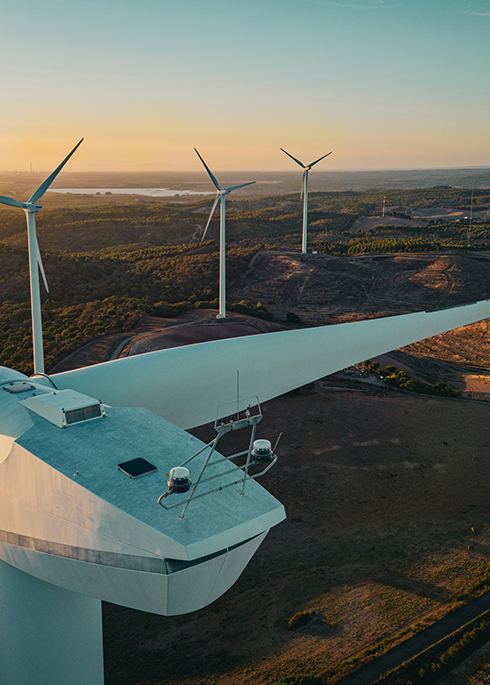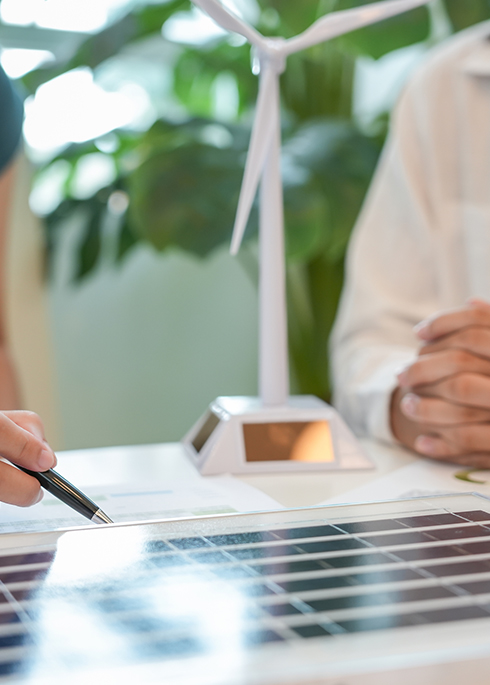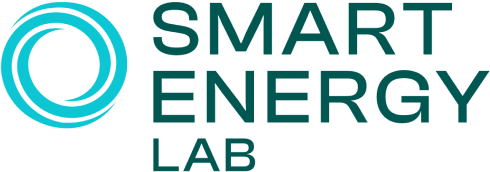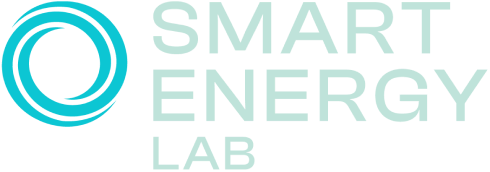Advancing climate resilience
Smart Energy Lab's Commitment to Energy Transition
Global temperatures have been consistently rising and the 10 warmest years in record have all occurred during the last decade (2014-2023).1 Natural disasters are becoming more frequent and severe, posing significant threats to ecosystems, biodiversity, and numerous species, including humans. It has become clear that climate change calls for urgent action. Smart Energy Lab is committed to Energy Transition as a critical pathway to mitigate these impacts and enhance climate resilience by providing reliable power based on renewable energy. We believe that it is still possible to limit global temperature rise to below 1.5°C2. This key goal of the Paris Agreement reflects a global consensus and an ethical imperative to protect future generations.
1 – US National oceanic and Atmospheric Administration, 2024
2 – UN IPCC, 2018


Empowering renewable energy adoption
Smart Energy Strategy for Maximizing End-User Engagement and Efficiency
The European Commission and national governments are increasingly setting ambitious goals, particularly aimed at reducing CO2 emissions and cutting energy costs. While there is a strong push for investment in decarbonization, renewable energy capacity, grid enhancement, and the decentralization of renewable energy sources, these measures alone are insufficient to fully maximize the utilization of renewables.
Innovative solutions
Our strategy focuses on accelerating the business growth of market operators
Smart Energy Lab designs innovative technological solutions and services that maximize and enhance end-users’ consumption of renewable electricity through electrification and energy management.
Electrification
Energy Management Systems (EMS)

of 20M
Proven track record
With a proven track record of two successful products in the market, over 40 completed projects, and secured funding of €20 million, along with an additional €7.5 million allocated for academia and industry, SEL demonstrates its steadfast commitment to making a significant impact in transforming the New Downstream Energy Sector towards the Energy Transition.


